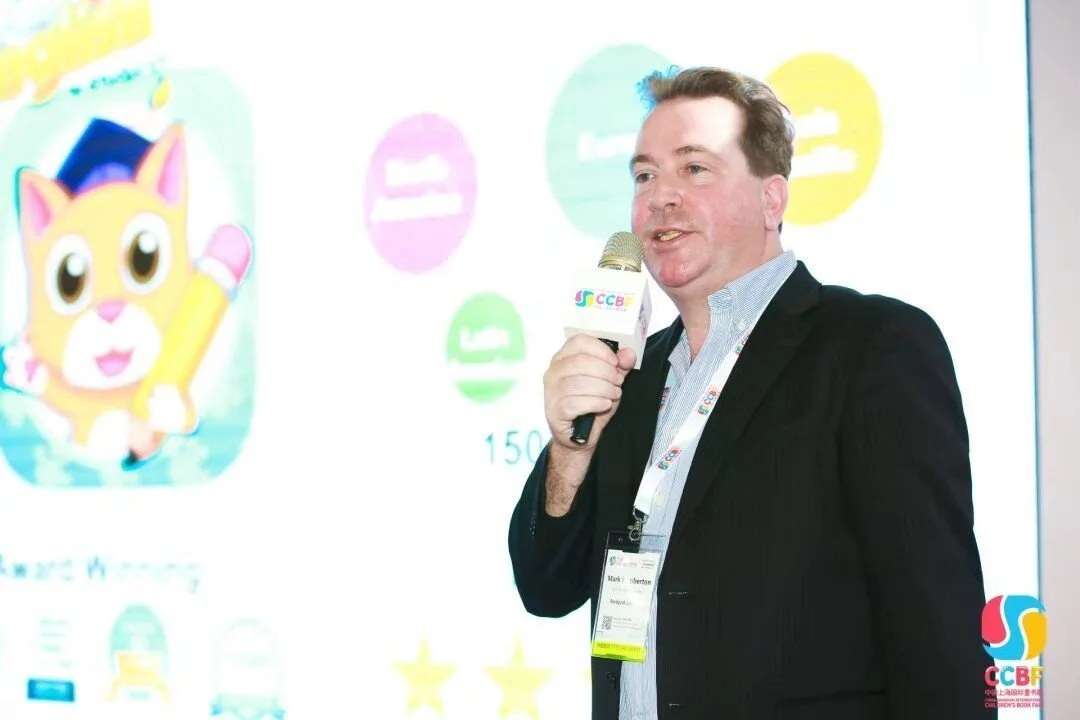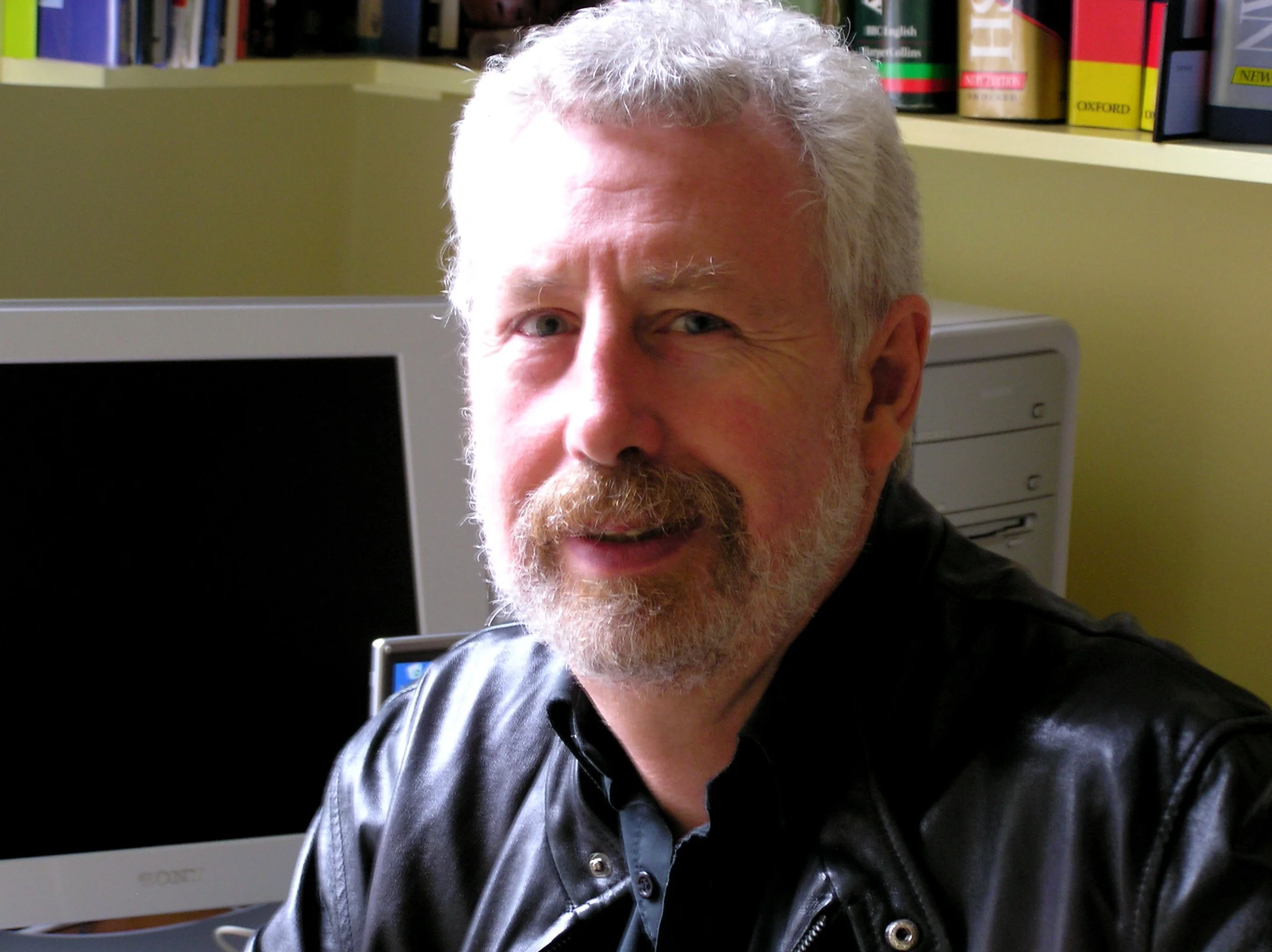We celebrate our 100th episode by interviewing linguist, writer, editor, lecturer and broadcaster Professor David Crystal about the history of English. David takes us all the way back to the first surviving example of written English, to the birth of American English to the spread of text messaging to the present day with the internet and corpus linguistics.
Differentiated Support (with Chris Roland)
Young learner and teens expert Chris Roland talks to us about giving differentiated support to students. We discuss which students we are trying to help when we differentiate, which students teachers tend to forget about when they plan and how to differentiate without needing to spend twice as long preparing materials as usual.
What To Do When Your Trainees Fail (With Fifi Pyatt)
As a teacher trainer, one of the most uncomfortable experiences in telling trainees they failed something; a class, an assignment or possibly even a whole course. We speak Trinity College London CertTESOL and DipTESOL course director with Felicity Pyatt about what to do when that happens. How to decide to ‘fail’ a trainee, how to break the news and how to help trainees bounce back.
Opportunities in Online Teacher Development (with Matt Courtois)
Podcast: Mutilate Your Coursebook! A Guide to Adapting Teaching Materials
Online Lockdown Language Teaching (with Morag McIntosh)
The Who What How When and Why of Error Correction
Incorporating Learner Autonomy into Online Teaching (with Russell Stannard)
Russell Stannard joins me to talk about online teaching. We discuss some of the current challenges that teachers around the world are facing due to Covid19 forcing classes to go online, and we also talk about what the longer term effects on teaching and learning will be. How will this encourage learner autonomy? How will it change the role of the teacher? And how could it create more learning outside of the classroom?
Advantages and Opportunities in Online Teaching (with Matt Courtois)
Regular guest Matt Courtois returns to discuss teaching groups of young learners online. We focus on some of the advantages of online teaching – what is it possible to do online, that isn’t possible to do offline? How to get students to genuinely and meaningfully communicate with each other online? And why tech problems and glitches might actually be the best part of online language lessons.
Using Literature To Teach Language (with Anne Carmichael)
Lots gets said about the value of graded readers, but how can teachers use these in class? We speak with Diploma in TESOL course director Anne Carmichael about using graded readers with students at different levels, how teachers can integrate different skills using graded readers and how teachers can deal with new language from the texts.
Great Language Learning Games That Work Online and Offline
Can Coursebooks Ever Really Work? (With Wendy Arnold)
Do’s and Don’ts For Teaching One-to-One Online (with Alex Li)
Challenge, Conflict and Cooperation in Online Education (with Simon Galloway & Dave Weller)
App Based Language Learning (With Jake Whiddon)
The Art of Story Arcs and Transitions in Language Lessons (With Diederik Van Gorp)
Learning Language at Home with Technology (With Mark Pemberton)
Coursebooks - Our Masters or Servants? (with Ian McGrath)
“Coursebooks make good servants, but poor masters.” But who is usually the master in the language classroom? The teacher or the coursebook? Ian McGrath joins us to discuss how coursebooks can be used, what affect they have on teacher autonomy and how teachers can make themselves the masters rather than servants.
Ethics of English Education (With Dave Weller)
Student Centered Vocabulary Teaching (with Mario Rinvolucri)
For our last podcast of the year (and the decade!) we interview prolific TEFL author Mario Rinvolucri. “Most of the vocabulary teaching that gets done is based on texts, written, audio, or video. The problem with this kind of text-based teaching is that everything is external to the learner: the text hits him or her from outside. It makes much better motivational sense to have the new words rise from a situation that is internal to the students, where they create the situation that ushers in the need for new words.” Today we explore this idea with Mario Rinvolucri, author of “Vocabulary” and “Humanizing Your Coursebook”, how teachers can make vocabulary teaching more student-centered.
























